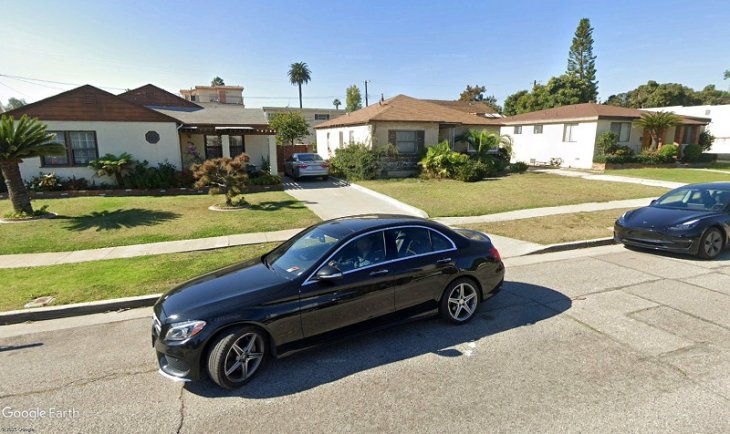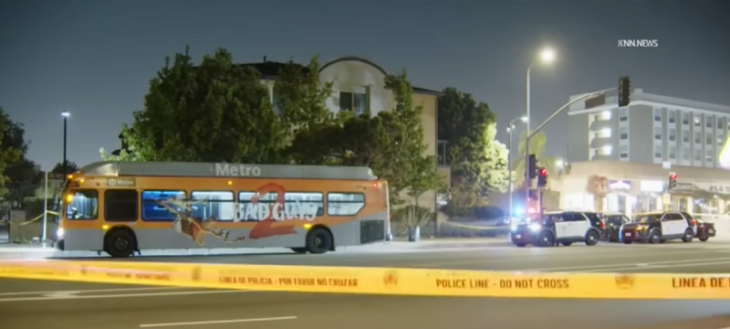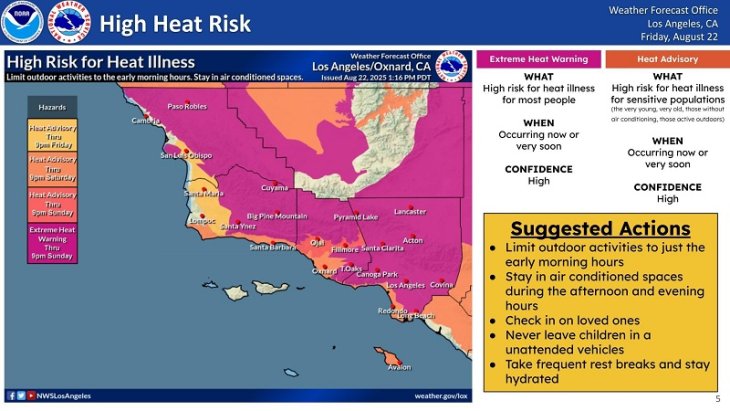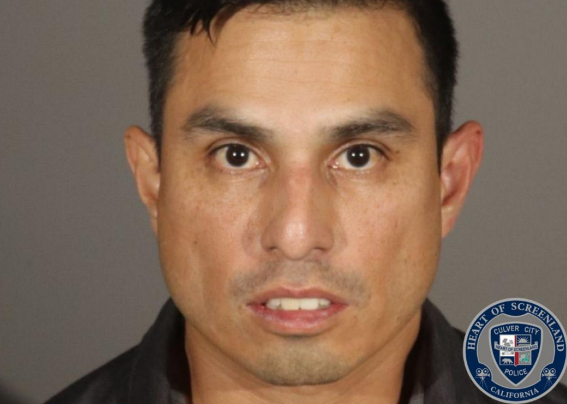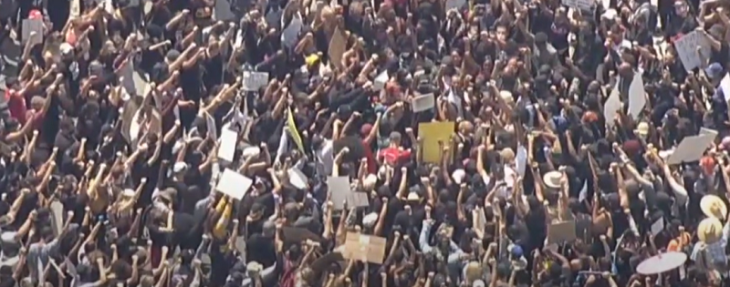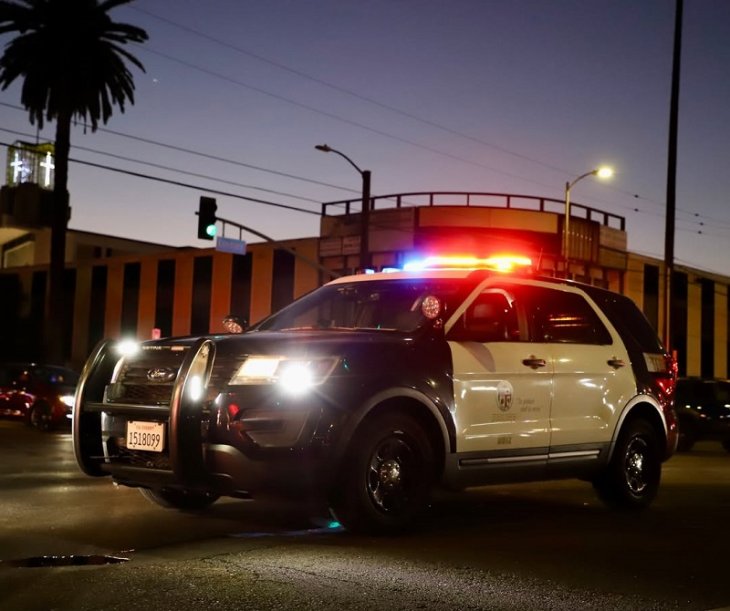
In the final days of May 2014, local, state, and federal leaders stood on a hill and looked down into the Sepulveda Pass to revel in the completion of a northbound carpool lane of one of the busiest interstate highways in the nation. The I-405 North carpool lane completion was part of a $1 billion Sepulveda Pass renovation and improvement project, with much of those funds coming from the federal government.
Two months – almost to the day – have since passed that federally funded carpool lane debuted between Westwood and Sherman Oaks and now lawmakers in Washington, D.C., are scrambling to find a way to keep the Highway Trust Fund financially afloat.
In the next few weeks, it was anticipated the Highway Trust Fund (HTF) – the funding source for many transportation projects across the nation, including Metro rail projects in cities such as Los Angeles, Santa Monica, Beverly Hills, and Culver City – would be insolvent.
Earlier today, the House of Representatives shot down a bill with Senate amendments that would have maintained appropriations for the HTF.
According to Metro, the House shot down an amended version of H.R. 5021 by a vote of 272-150. An earlier version of the bill that was previously approved by Representatives would have kept the HTF solvent through at least May 31, 2015.
An amended version of the bill that gained a majority of votes in the U.S. Senate shortened the extension to Dec. 19 of this year.
With the House vote, the Senate is now in a position to vote on the version of H.R. 5021 to keep the HTR financially afloat through May 31, 2015.
Metro officials stated if senators do not vote in favor of H.R. 5021 by the end of Aug. 1, the Dept. of Transportation would immediately implement “cash management procedures to distribute less than full transportation funding payments to states.”
Specifically, an insolvent HTF means financial reimbursements from the federal government to state and local officials for current projects would be delayed. Any reimbursements or payments for new projects might not be paid, Metro officials stated.
As it stands right now, the U.S. Dept. of Transportation projects the Highway Trust Fund to be in the red by September.
In anticipation of the fund drying up, Transportation Secretary Anthony Foxx wrote a letter to state leaders explaining the Dept. of Transportation’s “cash management” measures to limit outgoing payments and “manage the reduce levels of cash in the Trust Fund” as of Aug. 1.
One of those measures: the federal government plans to no longer make same-day reimbursement payments to states.
Foxx added the measures would remain in place until Congress came up with a viable solution to keep the Highway Trust Fund in the black.
Specifically, he requested in his letter that state officials should join him in pushing Congress to find a long-term solution to the impending funding crisis.
“Our transportation infrastructure is too essential to suffer continued neglect, and I hope that Congress will avert this crisis before it is too late,” Foxx wrote. “I urge [state officials] to stand with me in calling on Congress to ensure the solvency of the Highway Trust Fund while committing itself to a sound, bipartisan, and long-term solution that will ensure the stability of the surface transportation system of our Nation for the next several years.”
One solution reportedly proposed by the White House in April was to lift a 58-year ban prohibiting tolling on interstate highways. With the exception of a few interstate highways along the Atlantic seaboard, a vast majority of the system is toll-free.
Congress reportedly expressed immediate opposition to giving states the option to collect tolls on interstate highways, which was part of Pres. Barack Obama’s $302 billion transportation bill proposal.
The idea of allowing tolls on interstate highways was proposed to give states a means to increase revenues in order to fund maintenance, repairs, and other highway projects.
Westside drivers, however, might not be willing to pay a toll to use either the 10 or 405 freeways.
A similar debate is currently taking place several miles south of the Westside. In Orange County, there is talk of converting a stretch of the 405 freeway from the L.A.-Orange County line in Seal Beach to Costa Mesa into a toll road.
The Highway Trust Fund has been kept afloat by an 18.4-cent federal gas tax. However, that tax appears to no longer be enough. While California and Los Angeles received funding to make improvements along the 405 freeway here on the Westside, future projects will certainly be jeopardized if the almost-empty Highway Trust Fund is not replenished for the long term.
While the House signed off a few weeks ago on its pre-amended version of H.R. 5021, there was a significant concern of how to amend the bill in the U.S. Senate.

A reported concern during the Senate’s discussion of H.R. 5021 was the Davis-Beacon Act. There was a proposed amendment to H.R. 5021 to repeal Davis-Beacon, according to news reports. Enacted in 1931, the Davis-Beacon Act has required a prevailing wage be paid to all workers on any federally funded project. The reported concern, particularly among conservatives: costs associated with federally funded infrastructure projects are inflated because the Davis-Beacon Act drives up labor wages.
Still, the HTF remains on pace to be in the red by September. According to the Dept. of Transportation’s “Highway Trust Fund Ticker,” the highway account had a cash balance of about $6.5 billion as of June 27, but insolvency is projected to occur within a few days after Aug. 29.
The highway account started the 2014 fiscal year with more than $10 billion.
Also dwindling in cash and headed toward insolvency is the HTF’s mass transit account, which has reportedly just dropped below the $2 billion mark and not too far behind the highway account in reaching insolvency. This account going insolvent could directly impact the Westside, particularly with the planned subway and rail lines proposed to arrive in places such as Santa Monica, Culver City, Westwood, and Century City in the next 25 years.
In May, local officials flew to Washington, D.C., to accept $2 billion in federal funding to help pay for the Purple Line’s subway extension toward and into Beverly Hills. How that funding will be impacted by the potential insolvency of the HTF remains to be seen and will be studied by Westside Today.

